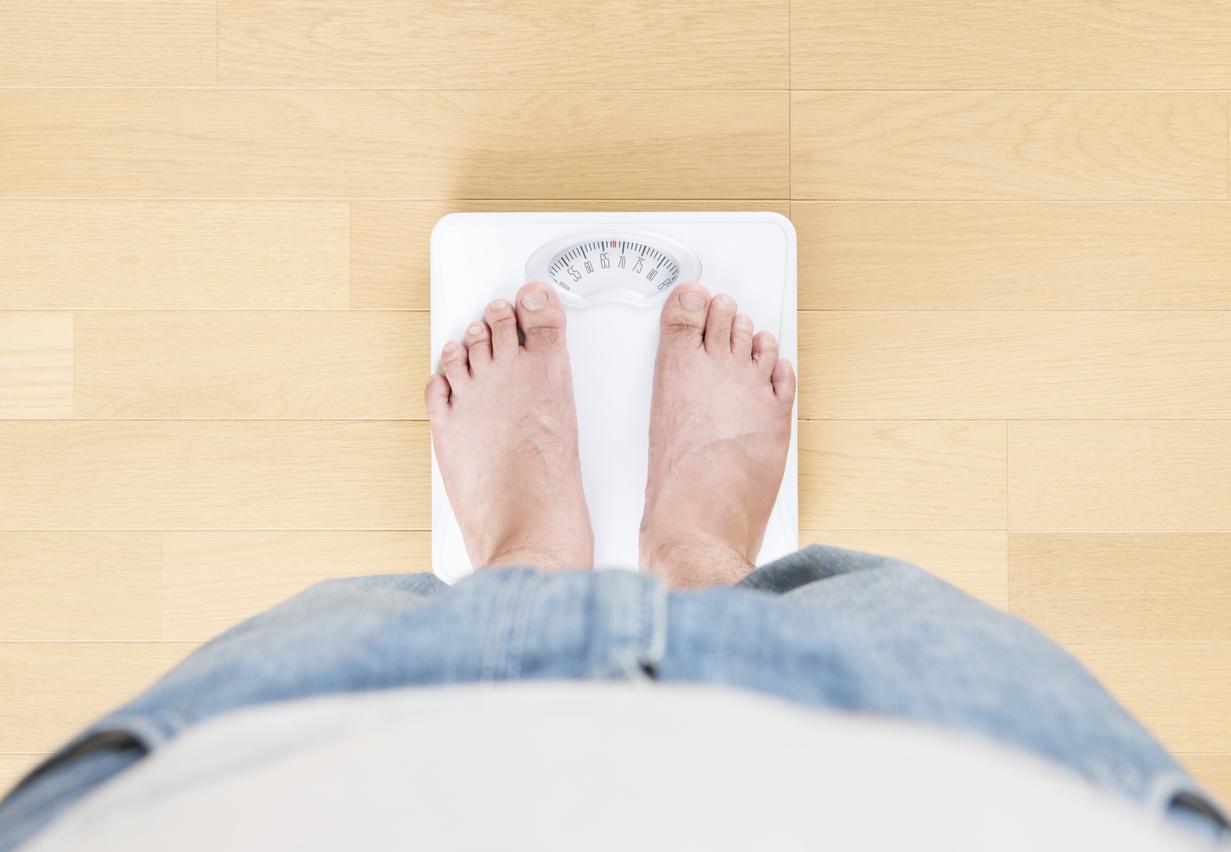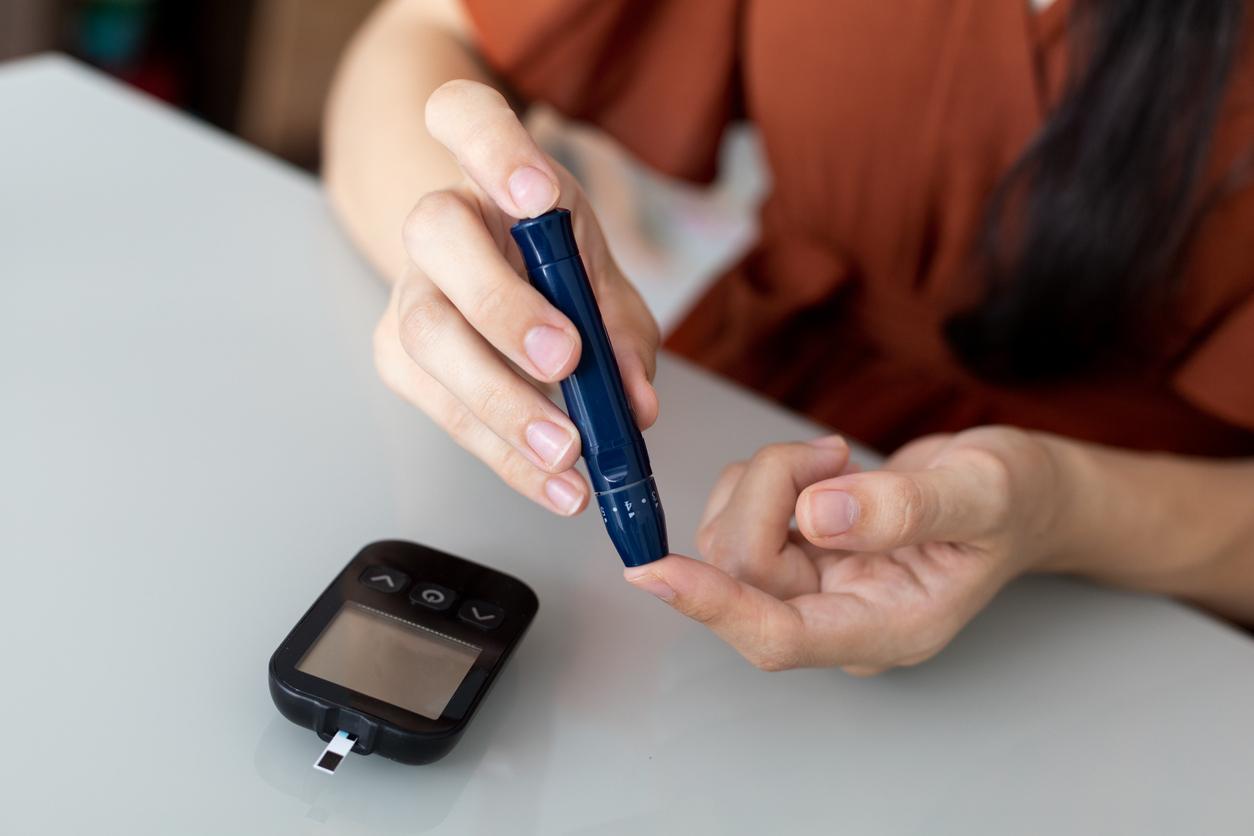Every day his study on diabetes. Yesterday we learned that dairy products high in fat reduced the risk of developing type 2 diabetes. Today, another study tells us that artificial sweeteners can increase the risk of diabetes.
According to Dr. Eran Elinav, an immunologist at the Weizmann Institute of Science in Israel, who led the study, sweeteners alter the gut microbiota, the population of bacteria found in the digestive system. This modification disrupts our body which can no longer regulate its blood sugar. The level of glucose in the blood then tends to rise very quickly after a meal and then fall much more slowly than it usually would. All these metabolic disturbances are gradually forming the bed of Type 2 diabetes.
“Artificial sweeteners have been introduced very widely in our diet with the idea of reducing calorie intake and normalizing blood glucose levels without compromising our appetite for sweetness” remind the researchers.
But, they add, “our work suggests that artificial sweeteners may have directly contributed to bolstering the epidemic they were meant to fight.”
The mice developed glucose intolerance
The experiment carried out by the researchers consisted of adding three very common sweeteners (aspartame, sucralose and saccharin) to the water ingested by mice, at doses adapted to the weight of the rodents. Another group of mice were given water containing sugar. Gradually, the mice on sweeteners developed glucose intolerance and a pre-diabetic state.
The researchers then tested their hypothesis on 7 volunteers who were not used to consuming sweeteners. After a week, 4 of them exhibited high levels of glucose as well as changes in their intestinal flora.
This Israeli study, published in the journal Nature, confirms recent work by the National Institute for Agricultural Research (INRA), which shows that people with deficiency of intestinal bacteria have a greater risk of developing obesity-related diseases.


















